

The Raker Research Group is composed of chemical education scholars focused on developing tools to assess learning and to evaluate learning experiences in undergraduate chemistry courses. We use a variety of quantitative and qualitative methods to achieve our research goals including survey research methods, structural equation modeling, psychometric evaluations of validity and reliability, semi-structured interviews, focus groups, think-aloud protocols, and response process interviews.
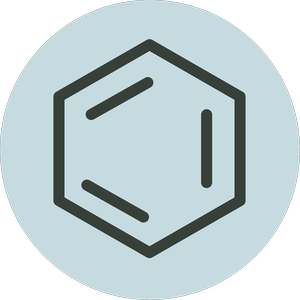
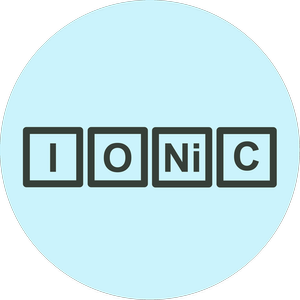

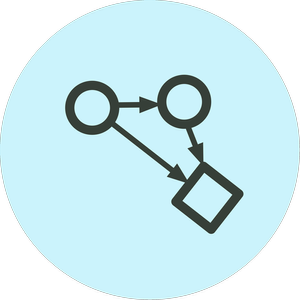
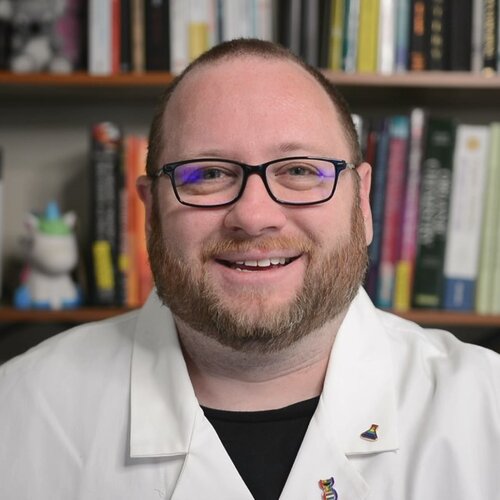
Jeff (he/him/his) is a Professor in the Department of Chemistry at the University of South Florida, having joined the faculty as an Assistant Professor in 2013.
He received his undergraduate degree in chemistry at Ohio Northern University (Ada, Ohio) in 2003, and a Master of Arts degree in college student personnel at Bowling Green State University (Bowling Green, Ohio) in 2005. Jeff obtained a Ph.D. in chemistry from Purdue University (West Lafayette, Indiana) in 2011 working with Professor Marcy Towns.
He was a postdoctoral research associate with the ACS Examinations Institute (hosted by Iowa State University at the time) from 2011 to 2013 with Professor Thomas Holme. Jeff additionally served as Associate Director of ACS Exams from 2015 to 2023.
Jeff has authored and collaborated on over 80 peer-reviewed publications (Google Scholar), contributed chapters to revised editions of the ACS Exams General Chemistry and Organic Chemistry Study Guides, given over 20 invited seminars and research talks, and contributed to over 120 conference talks, papers, and posters.
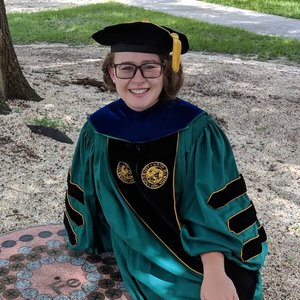
Ph.D., Chemical Education
Dissertation Defense: June 12, 2018
Currently: Director of Disciplinary and Institutional Accreditation, Embry-Riddle Aeronautical University
Ph.D., Chemical Education
Dissertation Defense: February 26, 2020
Currently: Faculty Success Manager at Catalyst Education
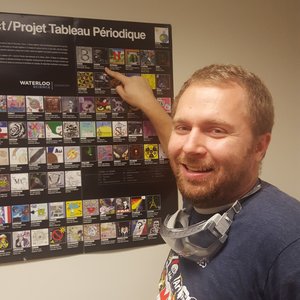
Ph.D., Chemical Education
Dissertation Defense: January 28, 2021
Currently: Lecturer, University of Pennsylvania
Ph.D., Chemical Education
Dissertation Defense: October 4, 2022
Currently: Assistant Professor, University of Georgia
Ph.D., Chemical Education
Dissertation Defense: Feburary 17, 2025
Currently: Postdoctoral Researcher, Ohio State University
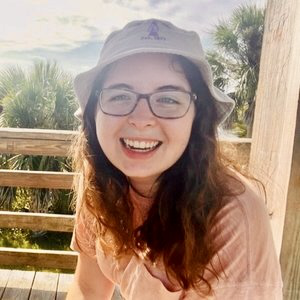
Ph.D., Chemical Education
Dissertation Defense: September 24, 2025
Currently: Postdoctoral Researcher, University of South Florida
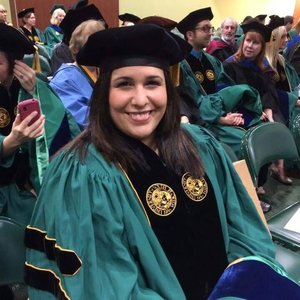
ACS Exams, 2015-2016
Currently: Faculty, California State University - Fullerton
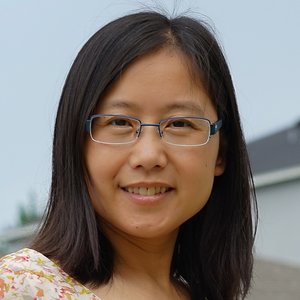
2016-2017
Currently: Data Analyst, Muma College of Business, University of South Florida
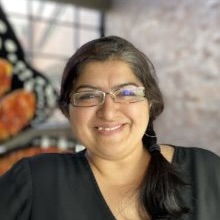
ACS Exams, 2017-2018
Currently: Faculty, Metropolitan State University of Denver
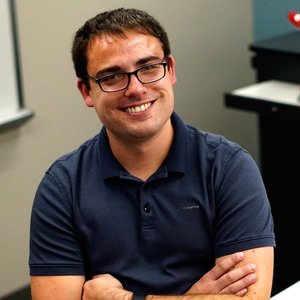
2019-2020
Currently: Faculty, University of Rhode Island
2021-2023
Currently: Faculty, Samford University
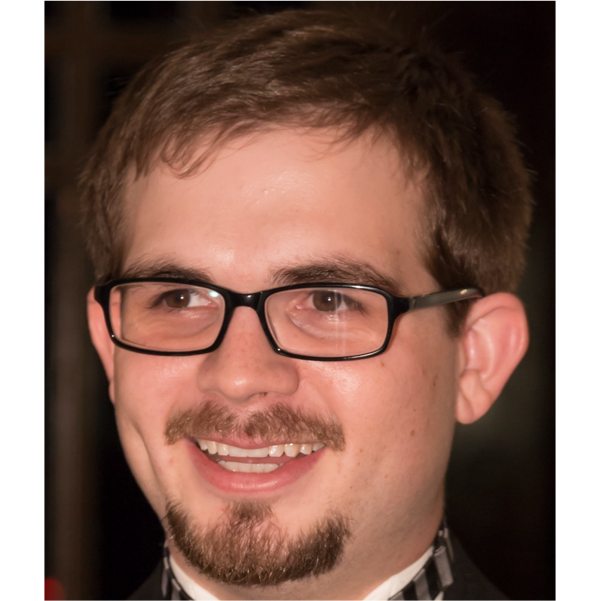
M.A., Chemical Education
Graduated: Summer 2016
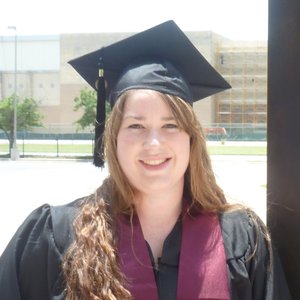
M.A., Chemical Education
Graduated: Summer 2018
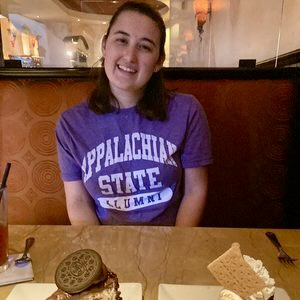
M.S., Chemical Education
Graduated: Spring 2026
Honors Thesis
Major: Secondary Mathematics Education
Graduated: Spring 2015
Major: Microbiology
Graduated: Spring 2015
Major: Biology
Graduated: Summer 2015
Major: Integrative Animal Biology
Graduated: Fall 2016
Major: Health Science
Graduated: Spring 2017
Major: Biomedical Sciences
Graduated: Spring 2017
Honors Thesis
Major: Cell and Molecular Biology
Graduated: Spring 2018
Major: Cell and Molecular Biology
Graduated: Spring 2018
For the most up-to-date listing of publications from the Raker Research Group, please visit Dr. Raker's Google Scholar Page.